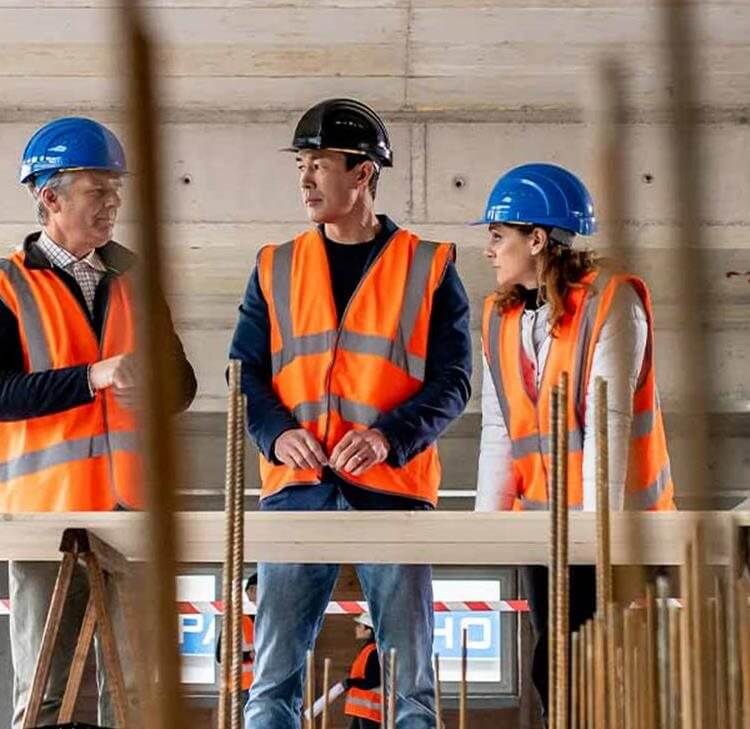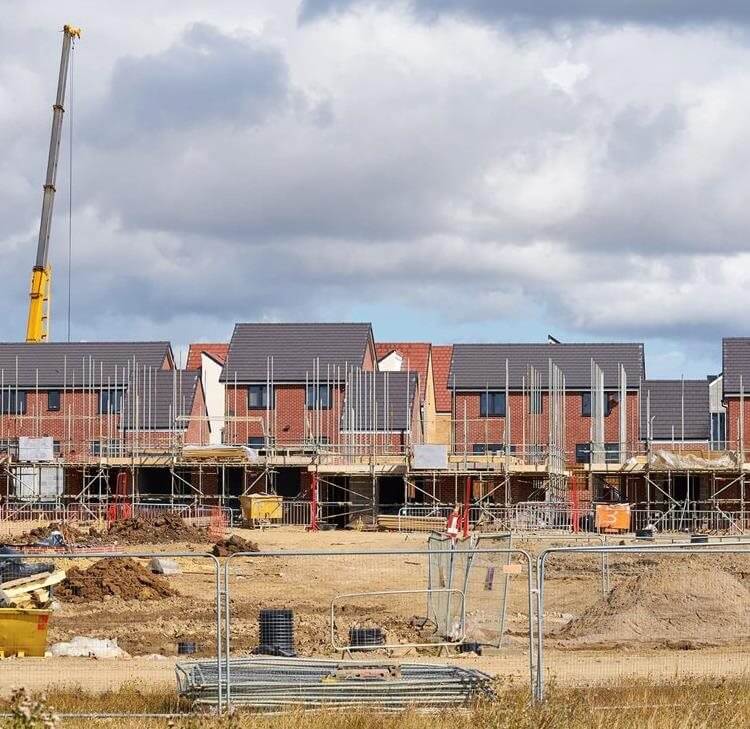Anyone who has worked within a local authority estates, parks or legal team will be aware that there is a certain time of year when the phone starts to ring and irate councillors will demand that a group of unauthorised occupiers are removed from council land immediately.
A rather difficult conversation will generally follow when the legal limitations have to be carefully outlined and the harsh reality set out that there is no magic or quick fix to this scenario.
However, having a well thought out procedure in place to deal with this perennial issue will mean that the relevant team can swing into action immediately and start the process to bring the matter to an efficient conclusion.
There are a number of legal routes that local authorities can use to obtain possession from unlawful occupiers:
- Common law powers in respect of land ownership.
- Possession Order under Part 55 of the Civil Procedure Rules.
- Criminal Justice and Public Order Act 1994 Section 77.
- Highways Act 1980 – sections 41, 130 and 149.
- Injunctions.
Before deciding which option best fits the particular circumstances a local authority is facing, consideration must also be given to any potential welfare needs of the visitors. Unlawful encampments are often members of the travelling community and they may have welfare needs (such as housing, social service, education and health issues) that the local authority needs to properly consider and potentially address prior to commencing any legal proceedings, or there is a risk that any such proceedings will fail on human rights grounds. Many authorities have a Welfare Needs Questionnaire (WNQ) that they will ask the occupiers to complete in order to make the necessary assessment and ensure that they have complied with all their obligations under the Equality Act 2010.
Opening a dialogue with the group who are in unlawful occupation can be more effective than any legal proceedings in bringing matters to a swift conclusion. They will often need help to complete the WNQ, and this can be used as an opportunity by officers to ascertain how long they intend to remain at the site. Often they are in the area for a gathering such as a wedding or a funeral, and will have left the site long before the authority can get a court date. Working together to provide skips for waste can facilitate cooperation from the group and should save on the costs of clearance when the site has been vacated.
Local authorities should also work alongside the local police who have their own powers under the Criminal Justice and Public Order Act 1994 to direct unlawful occupiers to leave a site or face prosecution and seize vehicles which can subsequently be made subject to a forfeiture order on conviction. This can be a powerful deterrent in itself.
Local authorities should also be prepared by identifying vulnerable sites and physically securing these sites where possible.
By having robust procedures in place and having all necessary paperwork (e.g. WNQs, letters, notices and applications) prepared in advance, local authorities can ensure that they are primed and ready to respond when that phone call comes in. Ensuring all the relevant teams are aware of the procedure and their particular roles is also crucial for efficiently dealing with this issue.
Browne Jacobson can help with the preparation of a procedure and precedent documents to deal with any kind of unlawful encampment and provide training for officers and councillors to ensure the best outcome for everyone involved.










































